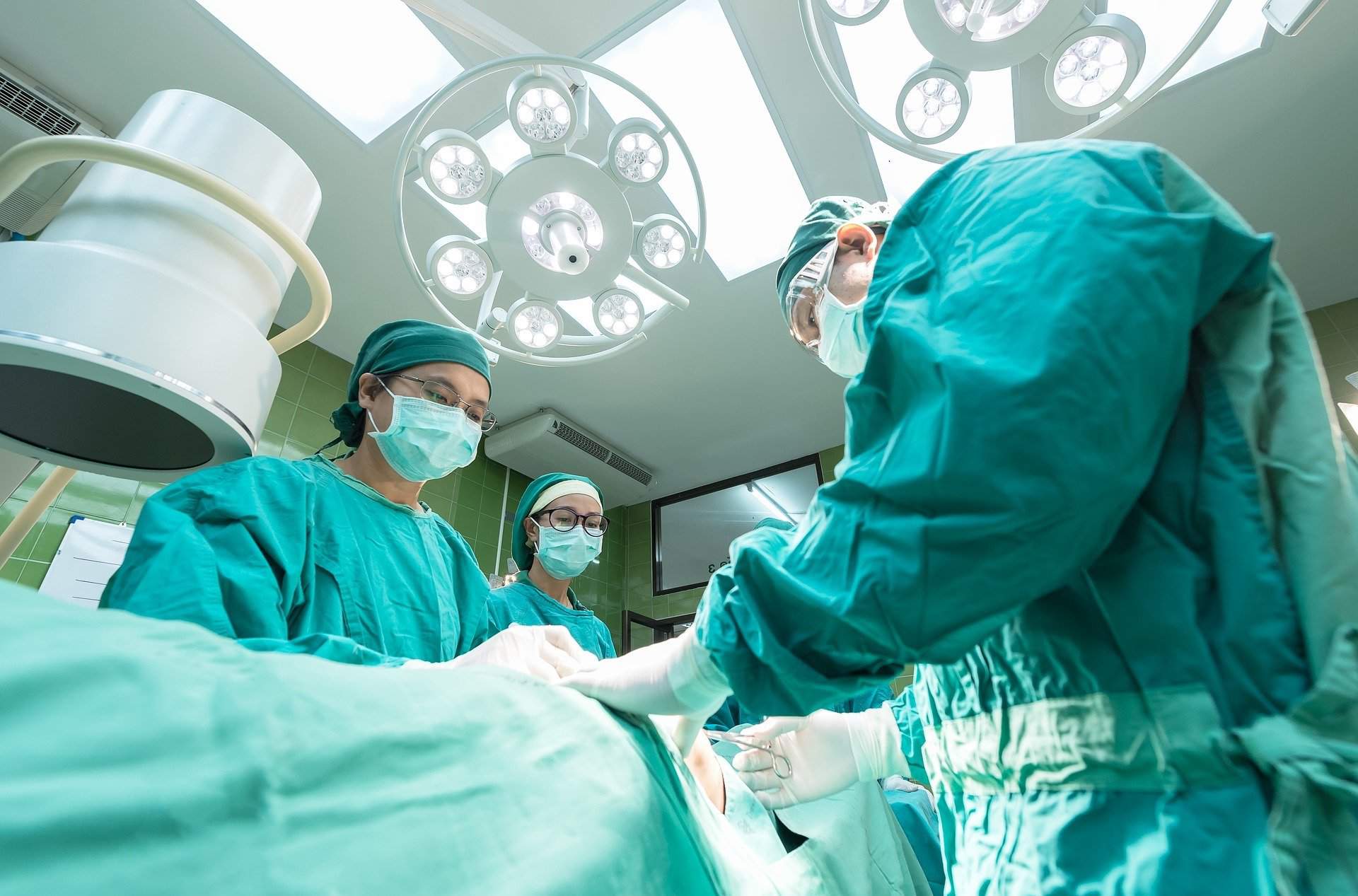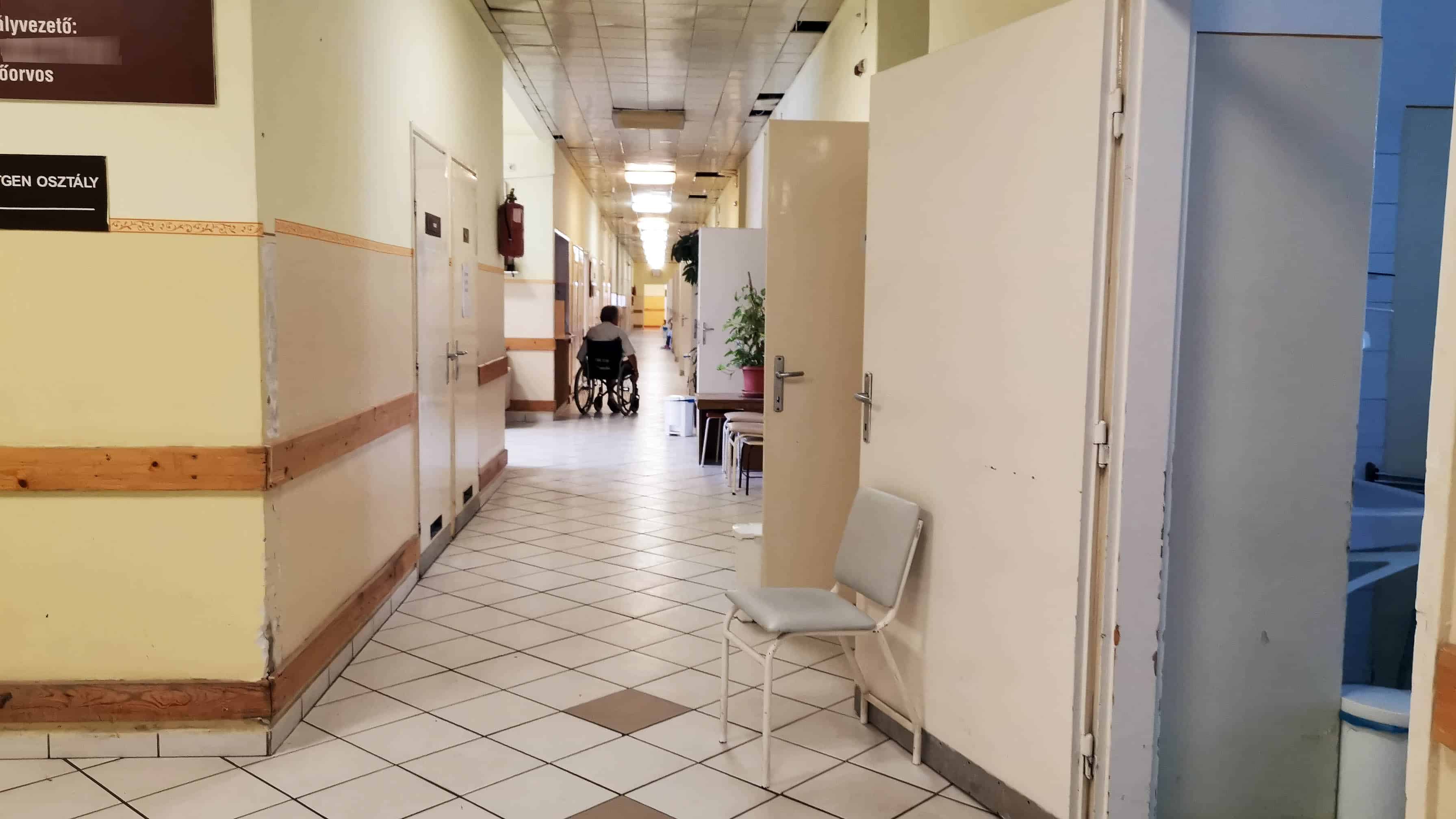Budapest to receive government money to reduce cancer diagnosis time to 10 days
Starting this October, healthcare institutions in Budapest will start receiving government money to increase the capacity of CT and MRI machines, in an attempt to cut the long waiting lists of cancer patients. In exchange, institutions will be obliged to provide a diagnosis within ten days.
As part of the Healthy Budapest Programme (Egészséges Budapest Program), Budapest is entitled to receive HUF 50 billion (EUR 140 million) from the government, to be spent on the development of the local healthcare system in the next five years, reports Azonnali. Gábor Havasi, the healthcare counsellor of the local government of Budapest, says that the agreement was concluded in more peaceful times, “before cuts were introduced on financial resources due to COVID-19 and controversies around the Chain Bridge“.
Currently, patients with tumour and some other health problems are bound to endure long waiting lists as there is a lack of resources to increase the capacity of CT and MRI scanners. Besides, the current government regulation only stipulates that patients with suspected tumour must be examined within 14 days, but nothing regulates the time of delivery of medical record to the patients, which can easily take months.
In exchange of increasing the capacity of these machines, the new agreement will require health institutions to provide a medical record within ten days: seven days for the examination, and three days for the delivery of results.
This could bring improvement not only in the case of patients with tumour but also with spinal cord and vertebrae injuries, joint pain, and osteoporosis.
To the question whether this would lead to an increase in the number of unnecessary examinations, Havasi says that this decision would not bring a fundamental change to the healthcare system and that doctors will continue to make decisions based on professional considerations – the recent decision will just quicken up the whole process.
The new capacities are expected to bring a 30% increase in patient diagnosis in 2020: while in 2019, the number of CT scans was 36,000, in 2020, this could increase to 68,000. As regards MRI scans, an increase from 16,000 to 26,000 is expected.
Of the EUR 140 million, the Budapest government will spend EUR 5.6 million on the CT, and MRI scans this year. This sum is divided among the districts based on various factors such as population, and the number of patients diagnosed with cancer – purely professional criteria “and not political interests”, says Havasi. According to Azonnali, the area that will receive the most considerable contribution, of EUR 451,330, is district 11.
But Havasi warns that no one should expect a drastic change in October already: since several institutions will require procurement to conclude an agreement, capacities are expected to increase gradually across the 23 districts.

Read alsoDevastating facts about the Hungarian healthcare system revealed
Source: azonnali.hu
please make a donation here
Hot news
PHOTOS: Hungary’s newest luxurious Hilton hotel to open soon!
FM Szijjártó: Hungarians in Croatia have again shown force
Forint wakes to a good morning, breaks through crucial levels
Marina City: Development of Budapest’s new Danube-side city quarter begins! – VISUAL PLANS
Austria to extend border control at Hungarian border for 6 more months
Fidesz mayoral candidate Szentkirályi vows to free Budapest from Former PM Gyurcsány’s “grip”




